Curated OER
Leffingwell and Associates: Olfaction
Provides a technical discussion of the anatomy and physiology involved in the receptors associated with the sense of smell. Includes pictures and formulas.
Society for Science and the Public
Science News for Students: Deet Confuses Mosquitoes
Discusses why DEET insect repellant is effective including research showing how a mosquito's sense of smell is confused by DEET, so it doesn't recognize a potential food source such as human skin.
TeachEngineering
Teach Engineering: Chemical Wonders
Students are introduced to chemical engineering and learn about its many different applications. They are provided with a basic introduction to matter and its different properties and states. An associated hands-on activity gives...
Exploratorium
Exploratorium: Science Snacks: Perception
Try one of these 33 perception activities in your classroom.
Khan Academy
Khan Academy: The Fuller Brooch
The Fuller Brooch is the earliest known personification of the Five Senses. This splendid circular brooch is made from hammered sheet silver. The center part is decorated with five figures who represent the five human senses. In the...
Curated OER
The Senses
This site has a collection of learning activities, games, experiments, and lesson plans on the five senses. Organized by grade level and topic, this site is packed with an assortment of interactive and engaging activities, that would...
PBS
Pbs Kids: Curious George: Secret Agent George
In this "Five Senses" game, George is headed to Mabel's Department Store to pick up some items, but he needs to remember what they are. Help George identify items by what they look, smell, sound, taste, or feel like.
Frontiers Media
Frontiers: Feeling Your Way and Knowing by Touch
You can perceive things by touching, tasting, smelling, listening and seeing. The sensory system that allows us to "feel" is called somatosensation (so-MAT-o-sen-sa-shun). Somatosensation is a broadly defined perceptual system that...
TeachEngineering
Teach Engineering: Solid, Liquid or Gas?
Students are given a variety of materials and asked to identify if each material as a solid, liquid or gas. They use their five senses - sight, sound, smell, texture and taste - to identify the other characteristics of each item.
TED Talks
Ted: Ted Ed: How Do Dogs See With Their Noses?
You may have heard the expression that dogs 'see with their noses.' But these creature's amazing nasal architecture actually reveals a whole world beyond what we can see. Alexandra Horowitz illustrates how the dog's nose can smell the...
PBS
Pbs: Champion Birds
The PBS video series "The Life of Birds" is accompanied with this site. There are articles about several aspects of birds and their behavior. This one chronicles the highest, fastest, and most extreme birds. There are lots of examples.
Other
Society for Neuroscience: Brain Facts [Pdf]
This is a publication on the human brain and how it works. Gives details on the neuron, how the senses interact with the brain and much more. PDF (requires Adobe Reader).
Canadian Museum of Nature
Canadian Museum of Nature: Euoplocephalus
Among some the interesting details of the Euoplocephalus is its armored tail. A detailed description is provided here.
Curated OER
Leffingwell and Associates: Olfaction
Provides a technical discussion of the anatomy and physiology involved in the receptors associated with the sense of smell. Includes pictures and formulas.
Curated OER
Leffingwell and Associates: Olfaction
Provides a technical discussion of the anatomy and physiology involved in the receptors associated with the sense of smell. Includes pictures and formulas.
Curated OER
Leffingwell and Associates: Olfaction
Provides a technical discussion of the anatomy and physiology involved in the receptors associated with the sense of smell. Includes pictures and formulas.
Curated OER
Leffingwell and Associates: Olfaction
Provides a technical discussion of the anatomy and physiology involved in the receptors associated with the sense of smell. Includes pictures and formulas.
Smithsonian Institution
National Museum of Natural History: American Mammals: Mountain Beaver
Some scientists think the Mountain Beaver is the world's most primitive living rodent, similar in appearance and behavior to animals that lived 60 million years ago. They have small eyes and ears and luxurious whiskers, and are, like...
PBS
Pbs Teachers: Scientific American: Science and the Brain
Describe the "mush-brain" effect, and test blindfolded subjects for their ability to identify items by smell. Explore the effect of biofeedback to help overcome illnesses, and attempt the mind-over-body techniques of visualizing and...
Michigan Reach Out
Newton's Apple: Why Do Bees Sting?
Lesson plan that explains why bees sting, how bee societies are organized and an activity for students to learn how bees communicate using pheromones.
Houghton Mifflin Harcourt
Holt, Rinehart and Winston: Elements of Literature: Imagery Chart [Pdf]
A short graphic organizer for students in studying the literary element of imagery. Includes a definition and chart with five sections with examples, one for each of the senses.
Inner Body
Innerbody: Nasal Passages
This site from Innerbody.com provides a general overview of how the human nasal passages work. A second page illustrates the use of the nasal cavity with animation.
Other
Ergonomics4 Schools: The Learning Zone: Aesthetics
The term 'aesthetics' concerns our senses and our responses to an object. If something is aesthetically pleasing to you, it is 'pleasurable' and you like it. If it is aesthetically displeasing to you, it is not pleasurable and you don't...




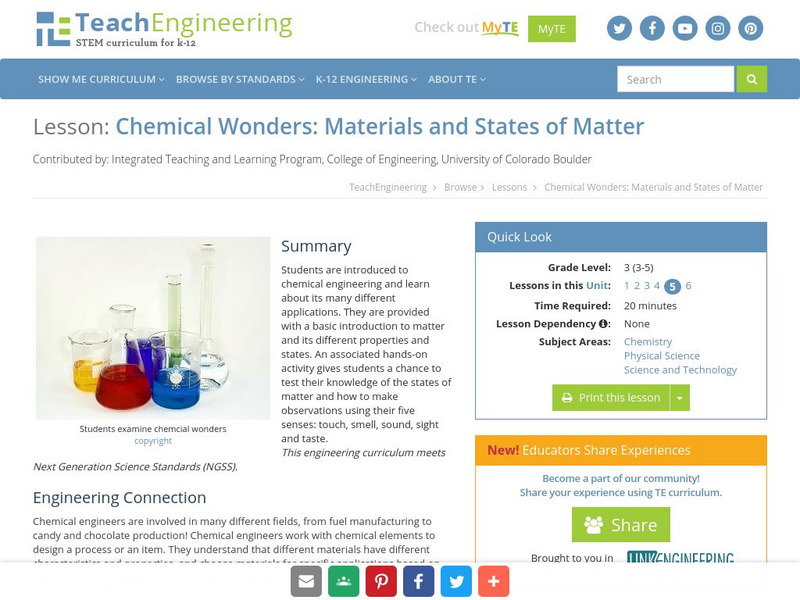
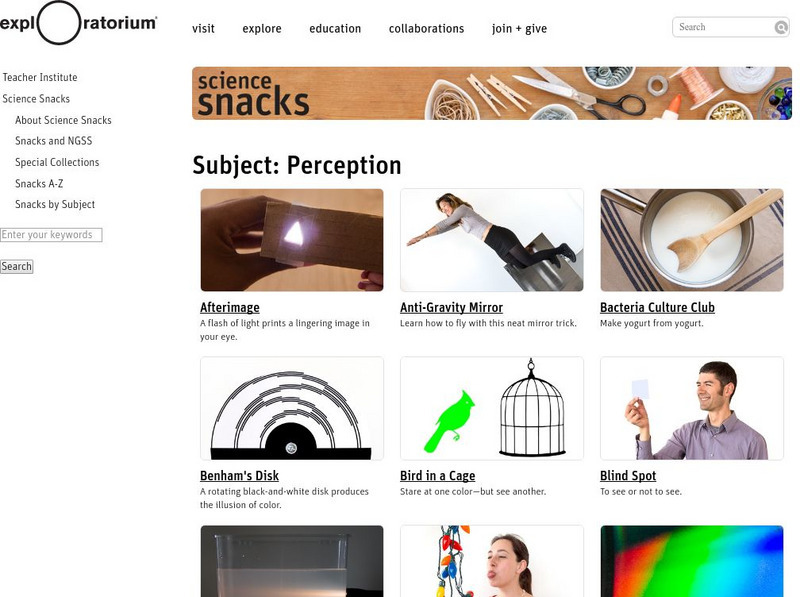





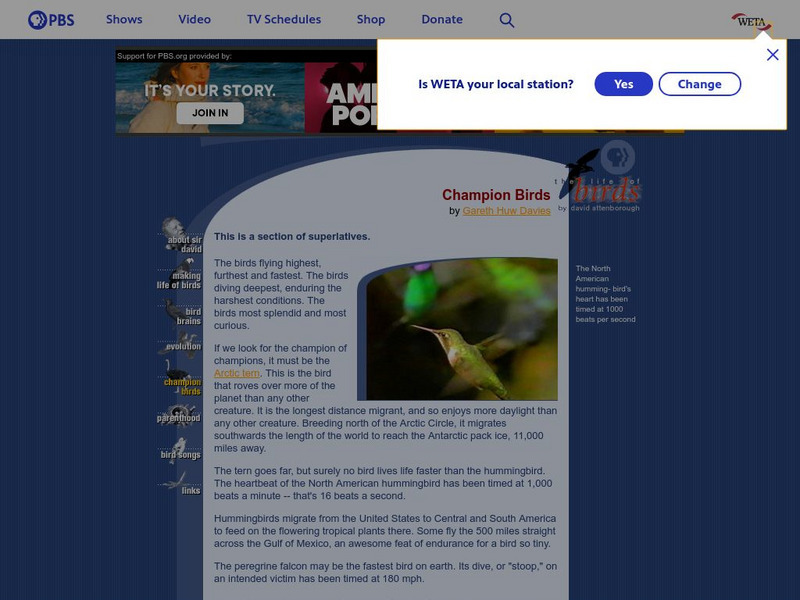
![Society for Neuroscience: Brain Facts [Pdf] Activity Society for Neuroscience: Brain Facts [Pdf] Activity](https://content.lessonplanet.com/knovation/original/113866-cd2169bec6c0105fc678c671521bd642.jpg?1661266885)
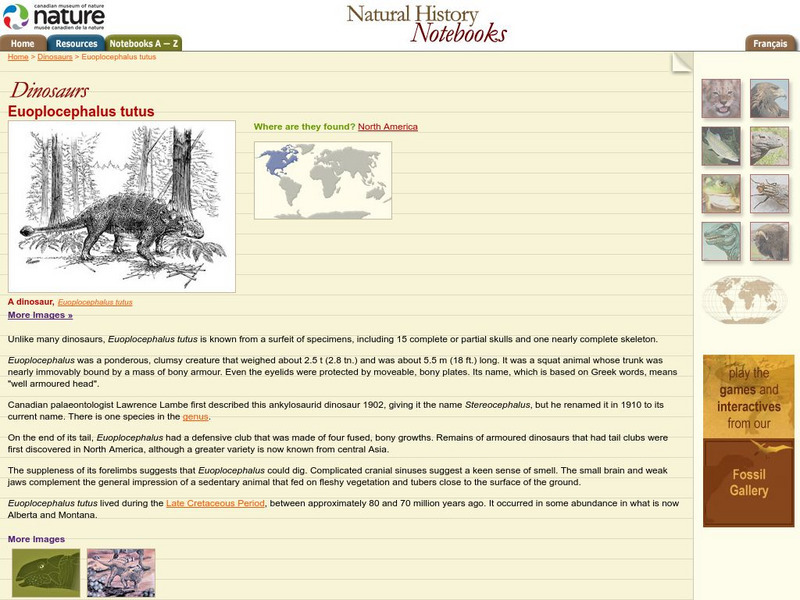
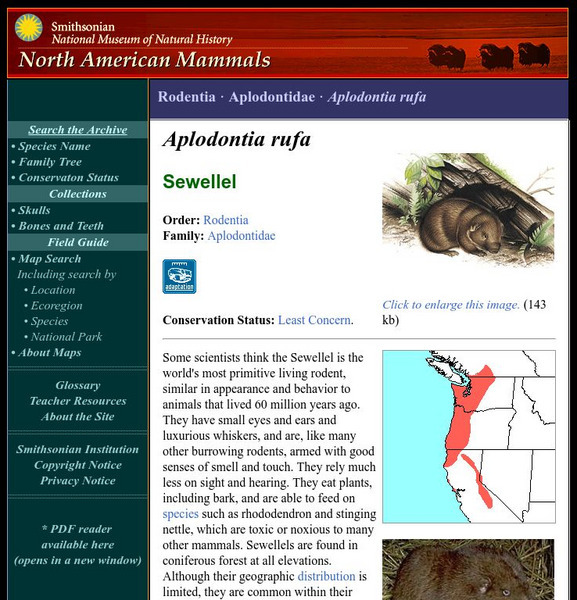


![Holt, Rinehart and Winston: Elements of Literature: Imagery Chart [Pdf] Graphic Holt, Rinehart and Winston: Elements of Literature: Imagery Chart [Pdf] Graphic](http://content.lessonplanet.com/resources/thumbnails/410053/large/bwluav9tywdpy2symdiwmduymc03nzuwlw5iazfsby5qcgc.jpg?1589985125)
